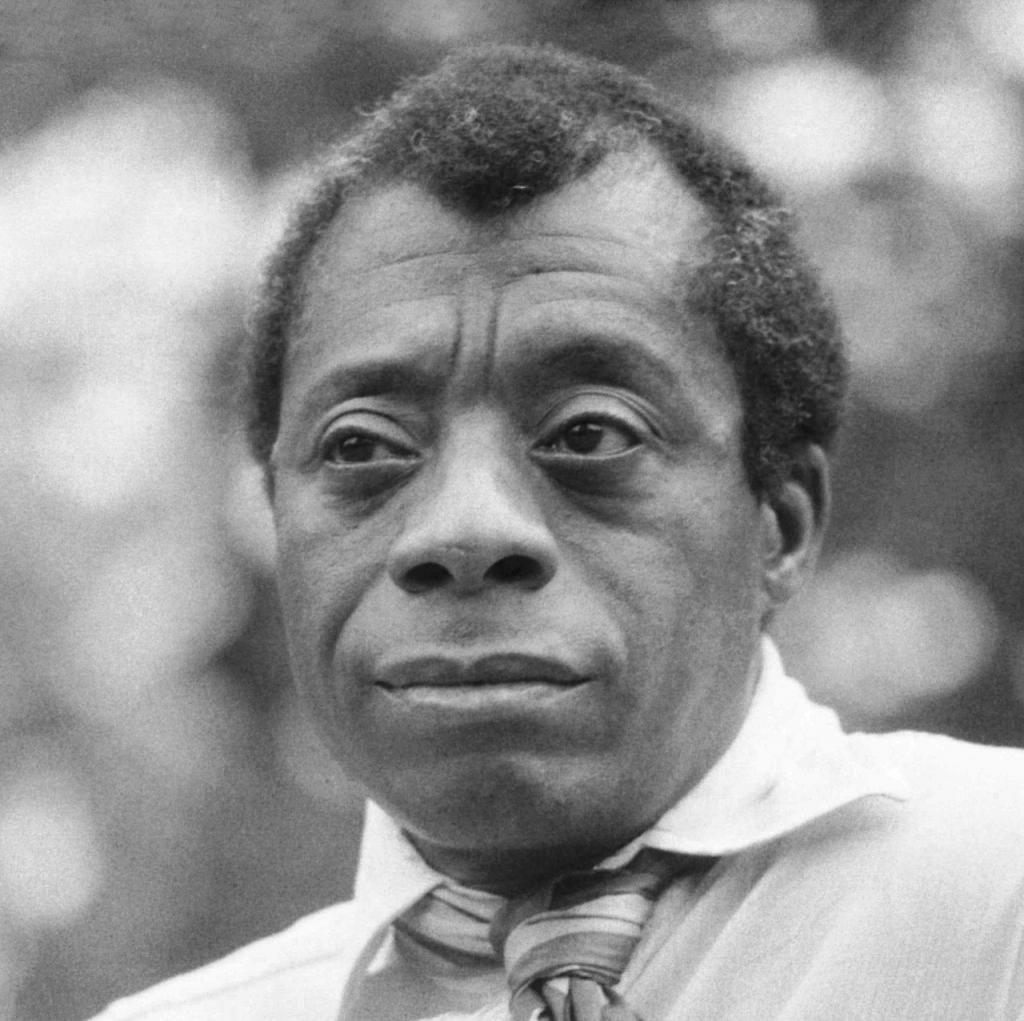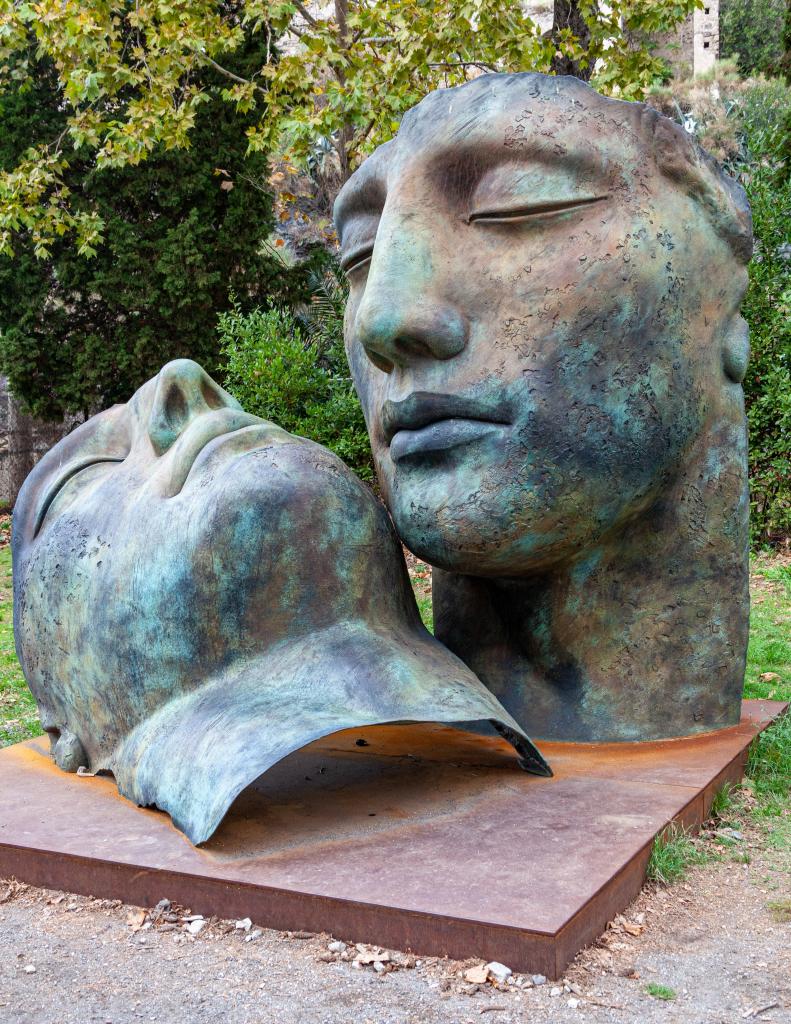Why is contemplative prayer so needed in our time? What good does the mystic generate in a world of climate crisis, racial trauma, and violence? And truly, if contemplative prayer does not have something to offer to a world, for example, in which immigrants and refugees are scapegoated and violently marginalized, then contemplative prayer doesn’t have legs to stand on. Yet I believe that contemplative prayer–along with sustained action against injustice!–is the primary healing path forward.
Here’s why, using a teaching from Franciscan teacher Richard Rohr in his book Immortal Diamond (page 29, for anyone has it close by): Contemplative prayer helps us heal our splits from reality.
Fr. Rohr’s first split is that we split from our shadow self and pretend to be our idealized self. We all do this. We present the self we desire to be to the world while airbrushing or repressing the unsavory aspects of the self, the shadow self. Facebook and Instagram are the best exemplars, serving as online platforms literally to curate our image. Clergy like me do this, too, perhaps more than most: we speak “spiritual” language, pray lofty prayers, and often unconsciously cultivate an image of ourselves as separate from others.

America does this, too, of course: what else is American exceptionalism than a split from the shadow self of Native American genocide, African slavery, and imperial wars? As a graffiti sign on a recent road trip put it, “kill one person and it is murder, kill thousands and it is foreign policy.” Contemplative prayer teaches us not to be afraid of seeing ourselves, and seeing reality, as it is.
Split number two: We split our minds from our body and soul and live in our minds. It is very tempting, especially in academic contexts, to think that our minds represent the most important aspect of us. And yet much of the trajectory of Western philosophy has liberated independent and critical Reason to the neglect of bodies, and particularly bodies that are marginalized. The separation of bodies, souls, and minds, especially in Western Christianity has created a tragic impasse: a confusion about the positive good, as well as the needed boundaries, of sexuality; an inability to listen to the wisdom that our bodies seek to speak; and an arrogant rejection of people whose minds do not work. As important as ideas and arguments and books are, we will not take them with us when we die. Carrying for, say, a person with Alzheimer’s not only takes embodied spiritual discipline of the highest order, but it is also counter-cultural.
Split number three: We split life from death and try to live our life without any death. Much of us live our lives fueled by the fear of death. We attempt to accrue as much “stuff” as possible, to gain as much comfort as possible, before we die. This is perfectly understandable, but it risks separating life from death, when in fact they are not separate. This is probably the most difficult teaching, but I know this to be true. I witnessed it recently when I had the pleasure to be in the presence of someone whose spiritual practice had so cultivated self-surrender to love that he was truly free from death. It is possible to be free from the false self and to embrace death as part of one’s embrace of life. In fact, contemplative prayer is nothing more than practicing the ego’s death before the body’s death. An opportunity to die before you die, because we all die.
Split number 4: We split ourselves from other selves and try to live apart, superior, and separate. A self-reliant culture rewards the self-reliant, but at profound cost. It is always a temptation, for individuals, groups, and nations, to stand at a distance out of a false sense of superiority or fear. I used to do this in high school when I would refrain from hanging out with people, silently judging them while yearning to belong. We are not separate, and in spite of the American President’s “America First” racialized principle, America is not first—and nor are white Americans. From a spiritual perspective, Americans, just like any other people, are one with all humanity. Our problems are global problems. This distance, and the unilateral, pluralism-denying policies that stretch it, denies the truth of our togetherness. Nationalism tells a story of national uniqueness, often to the exclusion of other nations, or vulnerable peoples within nations, while wars evidence the utter breakdown of shared human union.
Our world needs contemplative prayer to re-member us to the whole: to the whole of life, to God, death, our bodies, each other, the earth, and ourselves.
Photo by Amaury Gutierrez on Unsplash











